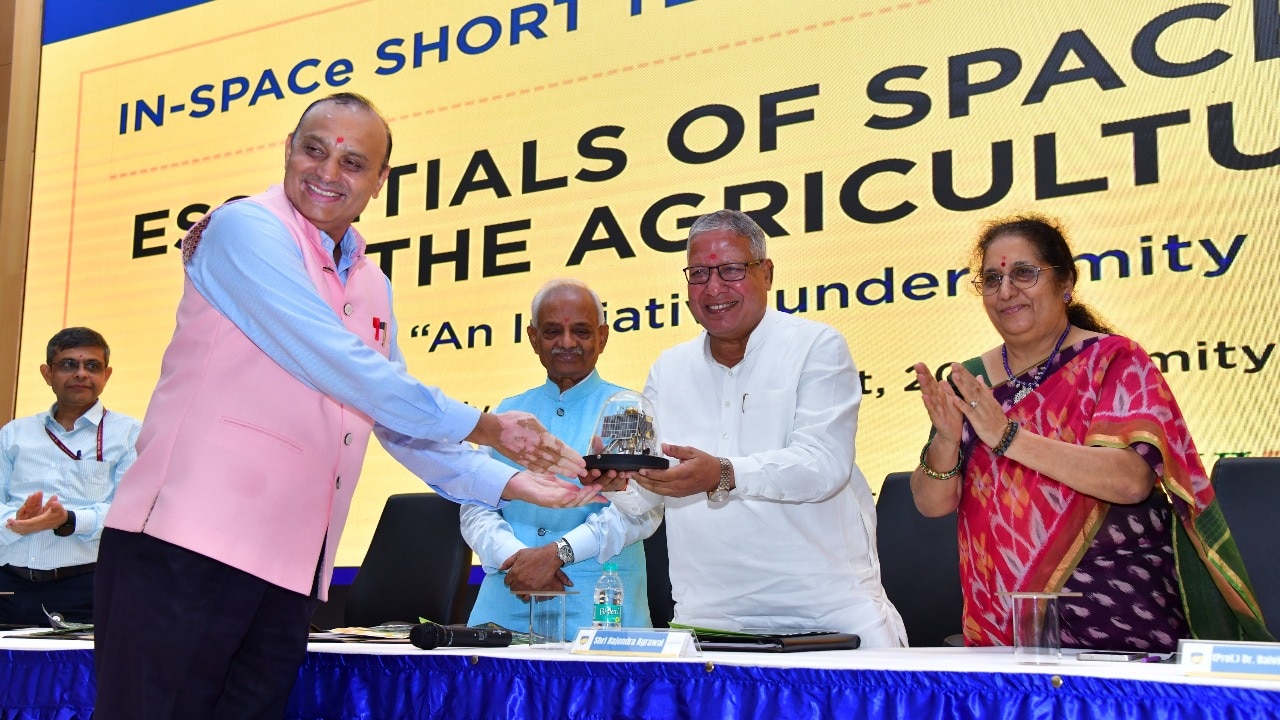Boost Your Farm with Space Tech! ISRO & IN-SPACe Launch NZ-Relevant Agriculture Course

Revolutionising Agriculture: Space Technology Skills Now Available
Imagine using satellite data to optimise irrigation, predict crop yields with incredible accuracy, and tackle pests before they even become a problem. Sounds like science fiction? It's not! The Indian National Space Promotion and Authorization Centre (IN-SPACe), in collaboration with the Indian Space Research Organisation (ISRO), is paving the way for a new era in agriculture, and excitingly, the knowledge is now becoming accessible – with potential applications for Kiwi farmers too.
What's the Course About?
The Short Term Skill Development Course on Space Technology in Agriculture kicked off on July 27th, 2025, at Amity University in Noida, India. While based in India, the principles and technologies taught are globally applicable. This is a fantastic opportunity for anyone interested in learning how space-based tools can transform agricultural practices. The course focuses on practical applications and hands-on training, ensuring participants gain the skills needed to implement these technologies effectively.
Why is Space Tech Crucial for Agriculture?
The agricultural sector faces numerous challenges, from climate change and water scarcity to pest infestations and fluctuating market prices. Space technology offers powerful solutions to these problems:
- Precision Irrigation: Satellite imagery can monitor soil moisture levels, enabling farmers to water crops only when and where they’re needed, saving water and boosting yields.
- Crop Health Monitoring: Remote sensing can detect early signs of stress in crops, allowing for timely intervention and preventing widespread damage.
- Yield Prediction: Data from satellites and drones can be used to forecast crop yields, helping farmers make informed decisions about harvesting, storage, and marketing.
- Pest and Disease Management: Early detection of pest outbreaks and disease spread is possible through satellite imagery, allowing for targeted interventions and reduced pesticide use.
- Land Use Planning: Space-based data helps in efficient land use planning, identifying suitable areas for different crops and optimizing resource allocation.
How Can New Zealand Farmers Benefit?
While the course is based in India, the underlying technologies and principles are highly transferable. New Zealand farmers can leverage this knowledge to improve their operations. Consider these possibilities:
- Adapting to Climate Change: Using satellite data to monitor changing weather patterns and adjust farming practices accordingly.
- Optimising Irrigation in Dry Regions: Implementing precision irrigation techniques to conserve water resources.
- Improving Crop Yields: Leveraging remote sensing to monitor crop health and identify areas needing attention.
Looking Ahead
The launch of this course signifies a growing recognition of the potential of space technology to transform agriculture globally. While direct participation in the Indian course may be challenging, the principles and knowledge gained can be adapted and applied in New Zealand, helping our farmers become more efficient, sustainable, and resilient. Keep an eye out for future opportunities and resources that bring this exciting technology closer to home.






